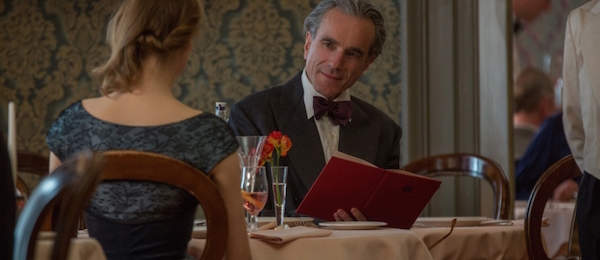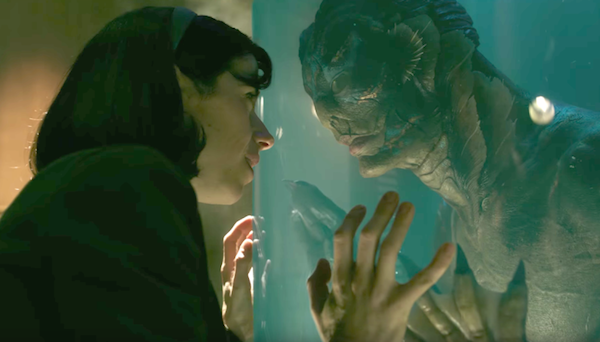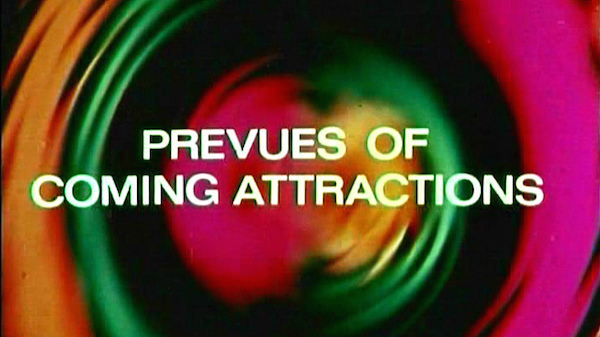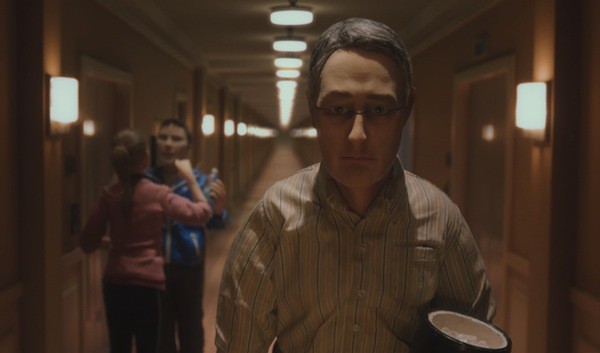What new category would you add to the Oscars?
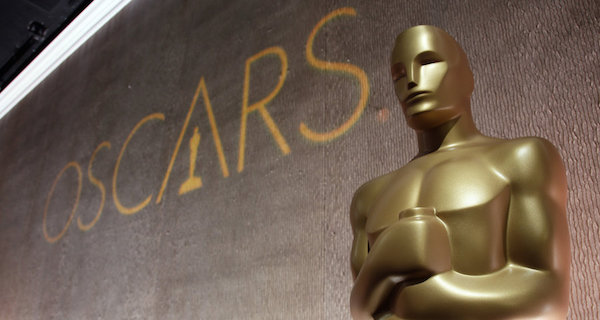
Also: replace wrap-it-up music with a slowly-forward-tilting stage next to a swimming pool.
Everyone has a strong opinion about what movie was the best, or which actors put on the most convincing (or biggest) shows in their respective films.
Some of us consider ourselves film-literate enough to have opinions about screenplays or editing, or to think that Roger Deakins was robbed of his cinematography award yet again (fingers crossed for Blade Runner 2049, buddy. You deserve it!)
But with fully half the awards going to things most people have never seen (sorry short docs!), or barely understand (what’s the difference between sound mixing and editing again?), there still seem to be some glaring omissions for things that never receive recognition at all.
For example, Stephen Thompson of Pop Culture Happy Hour suggests (at 6:37 to about 7:15, below), that instead of male and female acting categories, we should do adapted and original roles. So one category for playing historical figures like Churchill or Harding, one for characters created out of thin air. This idea is incredible and should be instituted immediately.
Personally, I am angered every year that comedy is so grossly underrepresented, because writing and performing great comedy is very very hard (see: most comedy). I would suggest a category purely for Best Comedy Writing in a Film, so someone like Armando Ianucci, Kristen Wiig or Judd Apatow could finally be recognized for their indelible contributions to pop culture.
